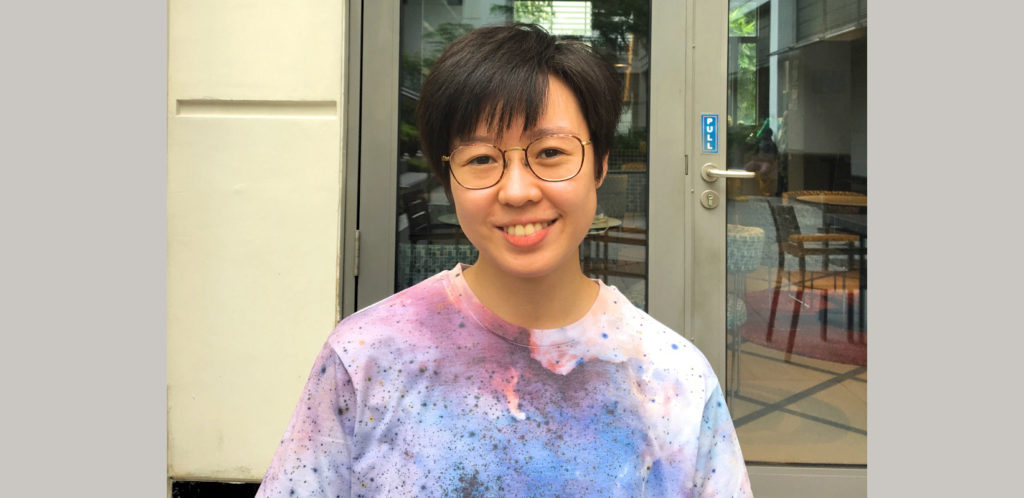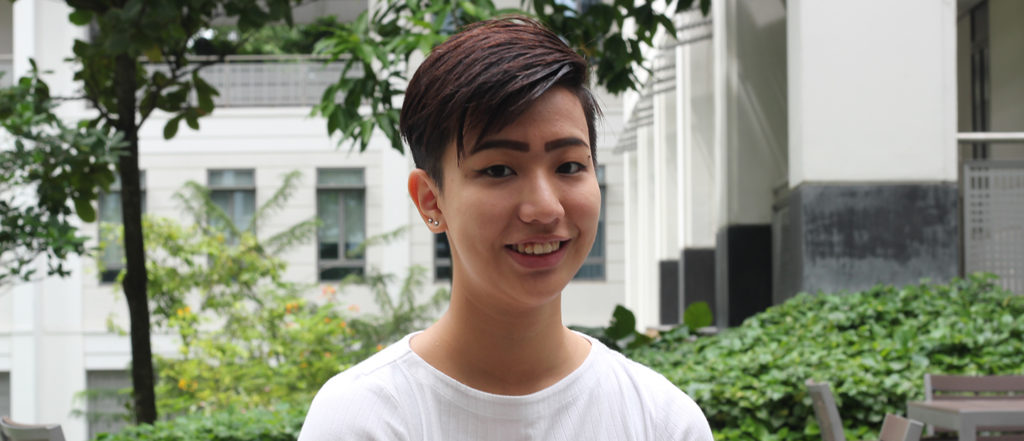Following your heart in College: Flexibility to pursue academic interests
At Yale-NUS College, all students take the Common Curriculum in their first three semesters of study. The Common Curriculum is a set of courses that introduces students to multiple modes of inquiry, from the fundamentals of human existence to many challenging issues of our age. By their third year, students will choose a major and/or a minor from among 14 options. To help them make informed choices, students also get to explore their academic interests in various electives in addition to the Common Curriculum.
For the majority of students, their insights gleaned from the Common Curriculum and elective courses help them to make key decisions regarding their majors. However, some students do decide to switch majors later even after they have chosen their specialisation. The Yale-NUS curriculum is designed to allow students to have the flexibility to pursue their academic interests and also equip them with the broad skillsets to enable them to cope with the different choices of majors offered.

Hillary Loh (Class of 2018, above) is one of these students who decided to switch major. She started off as an Anthropology major but will be graduating with an Arts and Humanities major.
Speaking about this change, she explained, “During my semester abroad at Pitt in the Himalayas study abroad programme, I experienced a kind of awakening. Although I enjoyed the field experience and cultural immersion there, I realised that I was constantly thinking of doing other things, such as creative work. Having taken many Arts and Humanities related electives previously, I knew then that my greater passion lay in viewing people in a creative way rather than in a structured analytical way. On a personal scale, I was also more interested in introspection and being able to communicate my emotions in words.”
Upon returning from the Himalayas, Hillary made the switch over to the Arts and Humanities major. Nonetheless, she acknowledged that Anthropology has endowed her with skill sets that she has been able to carry across to Arts and Humanities. “Anthropology taught me how to keenly investigate human cultural variation and diversity. It sharpened my expository and observation skills, allowing me to make more nuanced analyses of my artwork.”

Another student who made the switch in major is Jolene Lum (Class of 2019, above) who transferred from Physical Sciences to Literature. She is now a Literature major and a Physical Sciences minor. In contrast to Hillary who immersed herself in Arts and Humanities electives in her first two years, Jolene had predominantly enrolled in Physical Sciences electives. Although she relished the inherent experimental nature of the major, she found herself increasingly drawn towards the literary aspect of science.
“I’ve always been interested in creative writing and how the language of science and poetry can coalesce. My internship with the Asian Science Magazine served to reinforce my interest in Science Communications. Science is often perceived as faceless and purely productive, but by looking at it through a literary lens, one can see the humanistic element, space for storytelling and magic buried beneath all its formulas and experiments,” Jolene expounded.
At the end of four years, all students will embark on a capstone project. The capstone project allows students to develop their interdisciplinary and general intellectual skills to plan and implement a year-long, self-directed project within their chosen major.
“I am doing a writing collection for my capstone on lyric essays. This is something new for me but I am enjoying it. I foresee myself potentially pursuing a Master of Arts degree and entering the creative industry,” remarked Hillary.
For Jolene, she intends to amalgamate her interests in sciences and literature for her capstone project. “Over the last 100 to 200 years, our civilisation has been dominated by science and technology changes and these are all accounted for in our literature. I am interested in how literature, even in its subconscious state, has taken note of each era and accounted for its legacy. It’ll also empower me to look at humanity through multiple lenses. This is what the core of liberal arts is about – to be both a scientist and an artist.”
“At the end of the day, you should choose something that you’re passionate about because it benefits both your wellbeing and your college experience infinitely more,” said Hillary.





